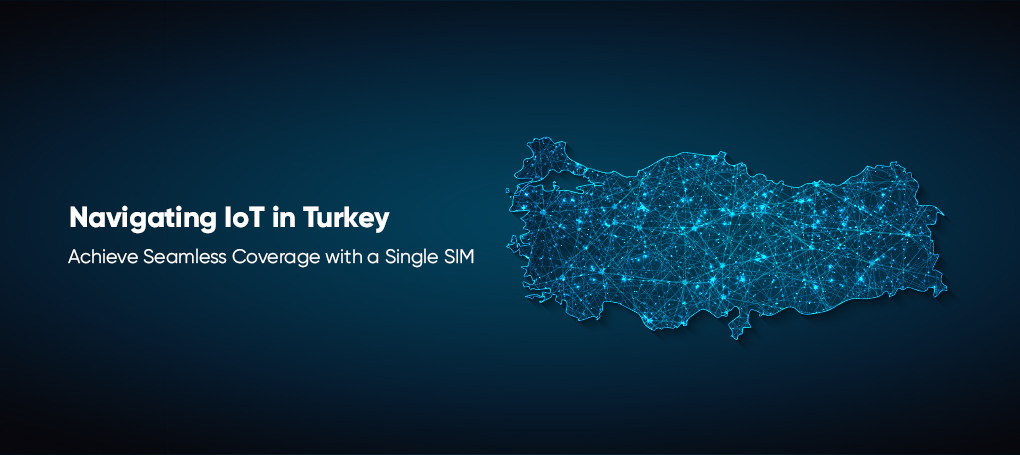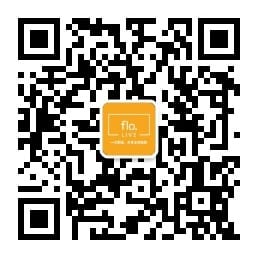IoT Connectivity in Turkey Unlocked: A Simplified, Unified Approach

Global connectivity has long been a headache for multi-nationally operating MNOs and IoT Service Providers due to a highly complicated and fragmented ecosystem of mobile network operators.
Cellular connectivity outside of the domestic network has been permitted through temporary roaming to meet the consumer needs of international travel but was later extended to permanent roaming, corresponding with the rise of IoT devices that are deployed outside of the home network in the long term.
Permanent roaming is a constantly shifting landscape, however, and some countries outright restrict it – Turkey being one of those countries. According to Turkish laws 7186 and 23, temporary roaming is only permitted in the country, which is limited to simply 90 days before the IMEI is disconnected.
As a robust industrial and manufacturing player with strong domestic partnerships in the European region, Turkey requires connectivity accessibility as goods move about and IoT solutions are deployed permanently in the area.
Organizations can bypass permanent roaming restrictions by purchasing local SIMs or working with an IoT connectivity provider that has partnerships with local mobile network operators. This piecemeal approach is complex, and many companies that work multi-nationally want to avoid the logistics logjam of multiple SKUs and working with multiple third parties.
Emerging as a powerful approach to mitigate the challenges of permanent roaming restrictions is the eUICC technology, which allows for multiple downloadable profiles. This means that, for example, an organization headquartered in an European country could order a single eUICC-supporting SIM card – whether plastic, embedded, or integrated, for an IoT device – and then deploy the device to Turkey, where it will be activated to the local carrier profile once it arrives.
This is a complicated process that includes remote SIM provisioning, but it is also further complicated by Turkish government mandates that require the SIM be handed off locally. floLIVE recently announced its partnership with local entity Protahub to enable this integration – alongside floLIVE’s partnership with Kigen in Turkey.
With this partnership, Turkey is now a highly viable country for IoT deployments that have to permanently reside in Turkey, due to this partnership of three entities – floLIVE, Kigen, and Protahub. This trio allows a streamlined approach that is seamless for IoT device manufacturers, mobile network operators, or IoT service providers utilizing this service.
floLIVE’s eUICC-compatible SIM cards are also equipped with its Multi-IMSI technology, which opens not just Turkey to permanent cellular connectivity, but also the world. No matter where devices are travel or are deployed, connectivity is available and assured.
floLIVE and Kigen will present more on this exciting opportunity for IoT device manufacturers, mobile network operators or IoT service providers during a webinar on November 14 at 10 a.m. ET / 3 p.m. GMT to discuss the opportunities that unfold through seamless global connectivity powered by eUICC, Multi-IMSI and the critical partnerships that create integrations that open the world to IoT.
Topics will include:
- The OEM and enterprise IoT opportunities in Turkey
- How floLIVE has enabled telematics solutions in the region
- floLIVE “Cheat Codes” for how to navigate IoT connectivity in challenging regions









